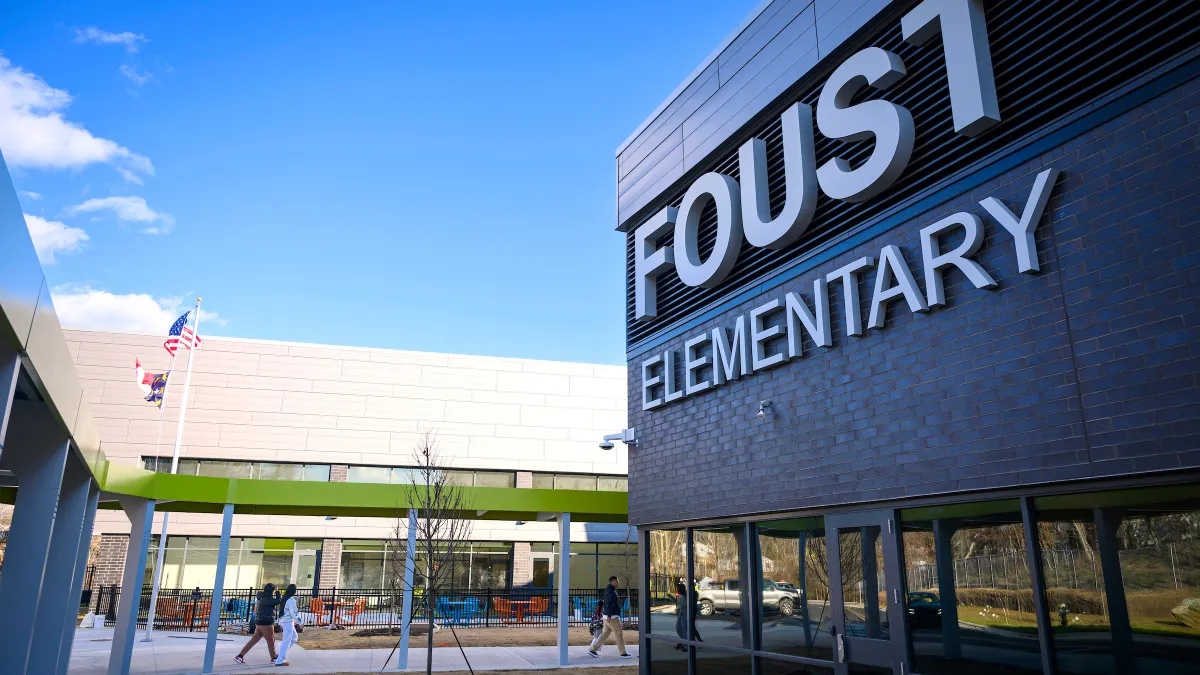Dive Brief:
- Students at North Carolina’s new gaming and robotics elementary school — believed to be the first of its kind. — will be exposed to the two disciplines in their math and science classes as well as through extracurricular activities.
- Foust Gaming and Robotics Elementary School opened its doors on Jan. 6, welcoming students and staff after three years of construction as the public school renovated its building and revised its curriculum to accommodate the new programming, thanks to a $300 million bond measure approved in 2020.
- While Foust is believed to be the first to focus on this type of programming at the elementary school level, high schools across the U.S. have embraced esports in recent years.
Dive Insight:
A Pew Research Center survey found that 85% of teenagers play video games, and while they're clearly a form of entertainment, research shows they also foster the technical and academic skills necessary to succeed in STEM careers.
“Students have grown up in this technology age, so gaming and robotics is something that they're accustomed to. But now it's about peeling back the layers and showing them the integral parts that go into what makes a video game, what makes a robot work the way that it works,” said Foust Elementary Principal Kendrick Alston.
Foust Elementary is part of Guilford County Schools and serves 173 students in Pre-K through fifth grade, according to the latest numbers provided by the district. Through Legends of Learning, a program that helps teachers create curriculum through games, students will learn basic design of gaming. Once they reach grades 3-5, they will be able to design and code video games as well as learn about the creative components like visual art, narrative writing and music that go into video games.
The school aims to be intentional about what the experience looks like for students, Alston said. The younger grades will receive foundational education like learning the basic components of a video game, which so they will build on those things as they continue through the upper grades, he said.
The elementary school is partnering with University of North Carolina at Greensboro, which has an esports gaming lab, in identifying the game design curriculum and adapting lessons to the elementary school level.
The collaborative aspect of robotics and gaming is one of the main skills Alston envisions students developing, along with creative thinking. Alston said the school expects an increase in student attendance and performance, as the new programming could make school more appealing for students.
“We have to figure out how to make school more engaging for them so they have opportunities to participate in more creative thinking type activities," Alston said. "That gives us a chance to really tap into something that a student may not show in the traditional academic world, per se.”
Indeed, the interest in gaming is showing up at higher levels of education. According to the National Federation of State High School Associations, a total of 27,051 students participated in esports in the 2023-24 academic year. And over 200 colleges and universities are affiliated with the National Association of Collegiate Esports, many of which offer scholarships.







 Dive Awards
Dive Awards






